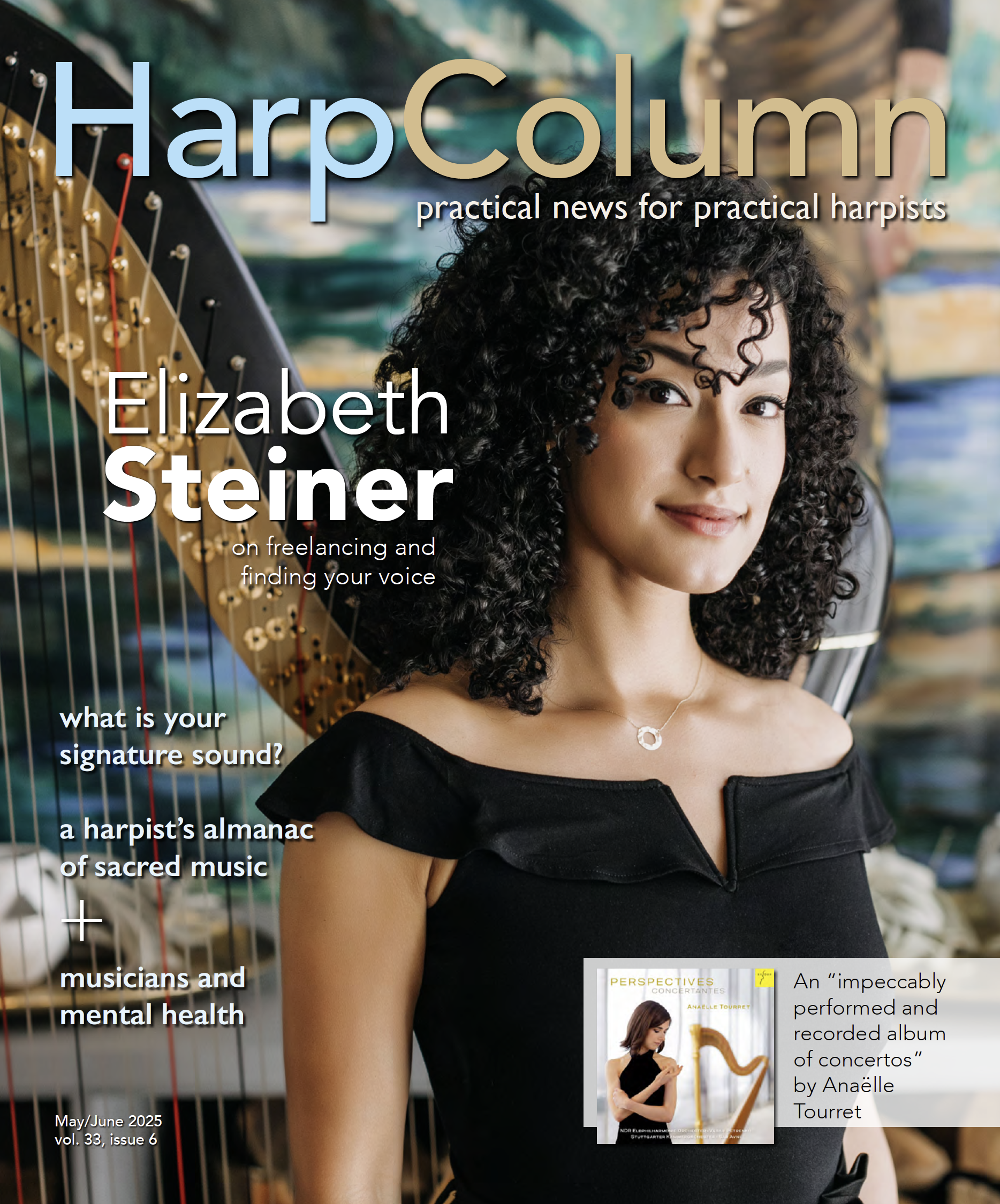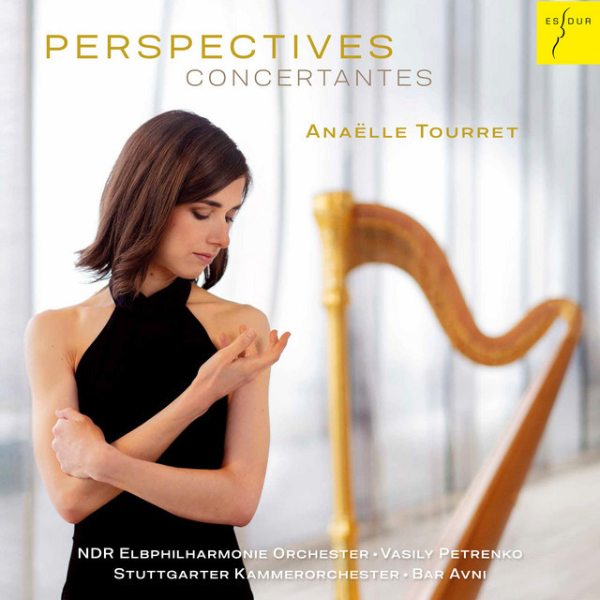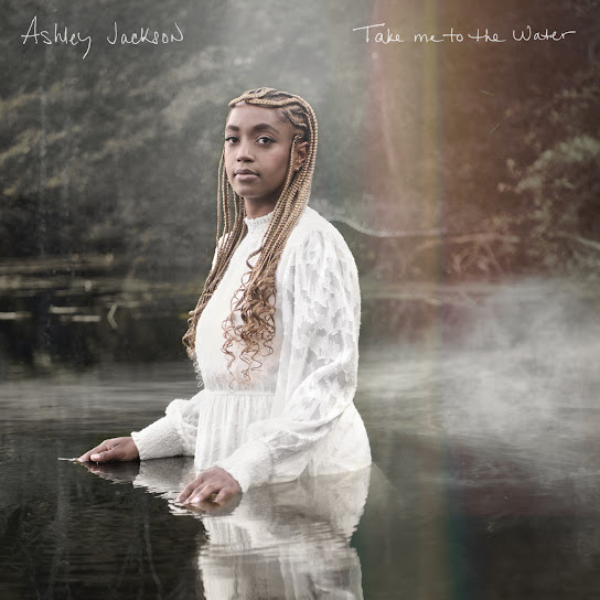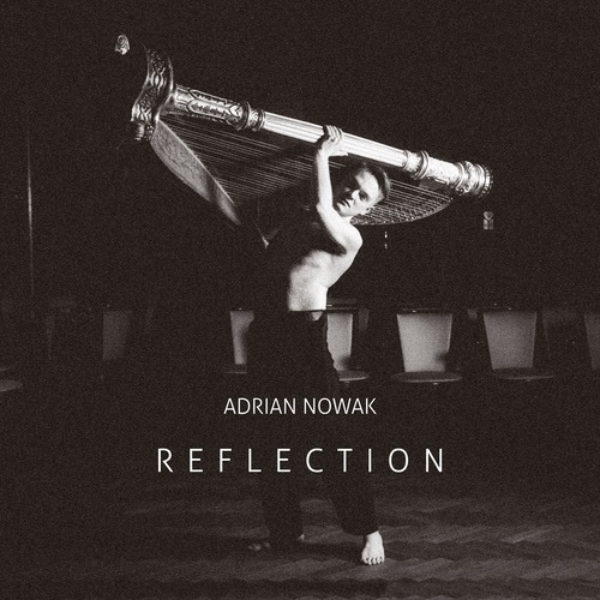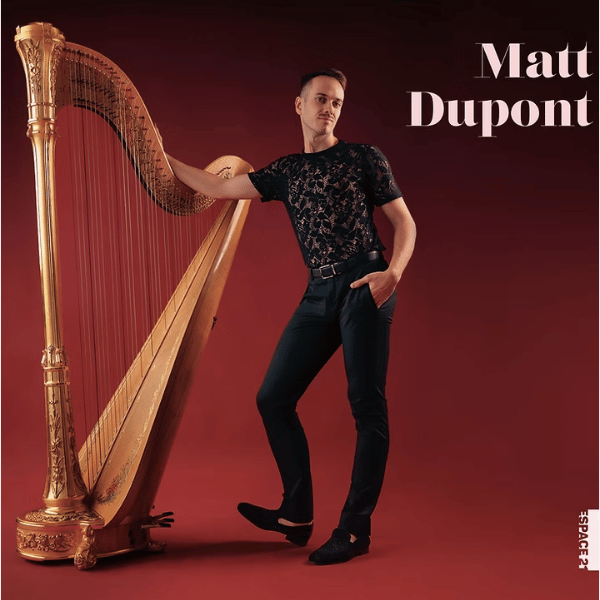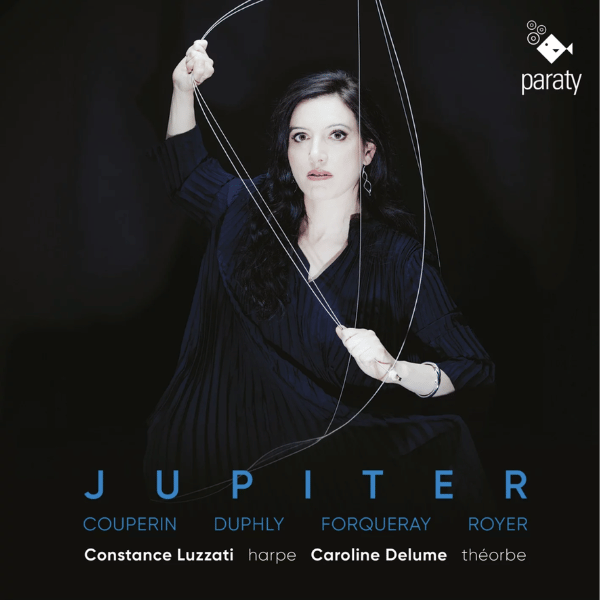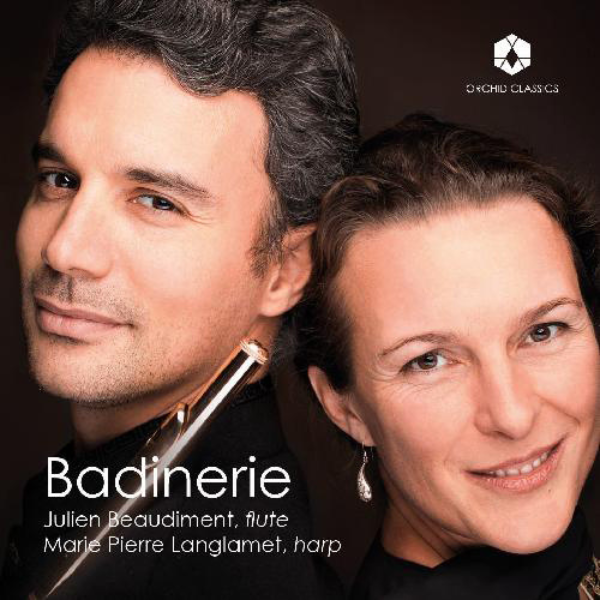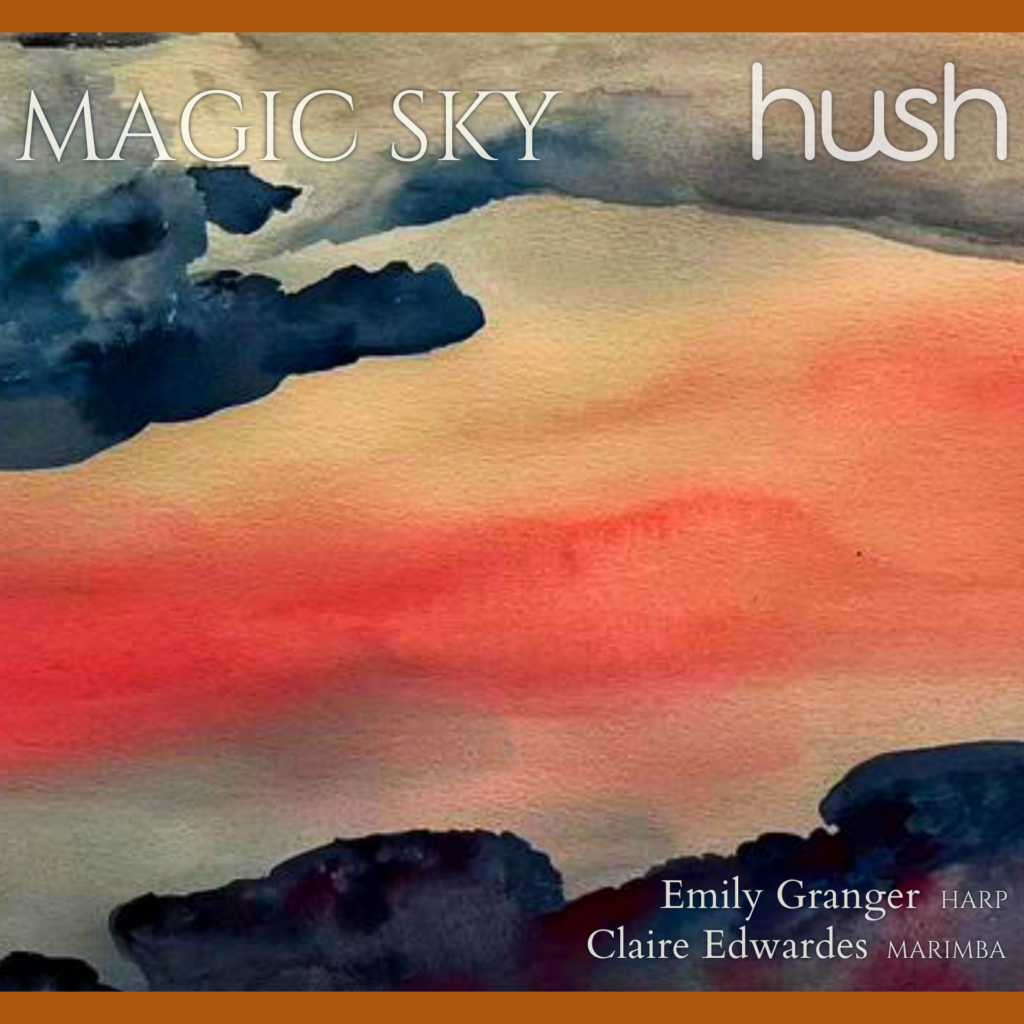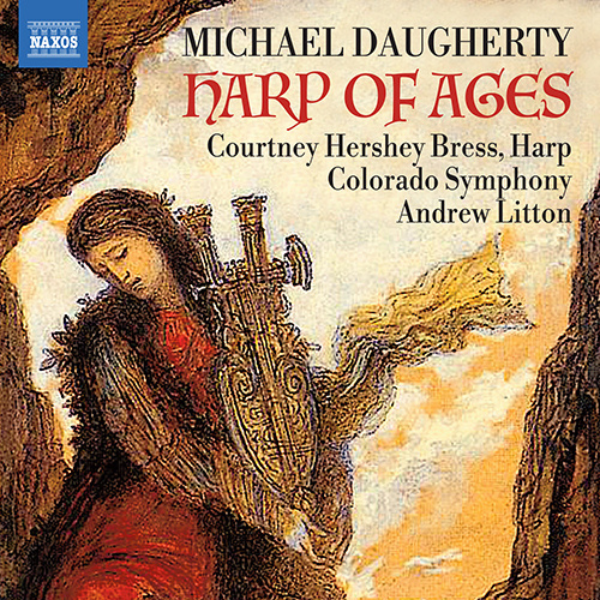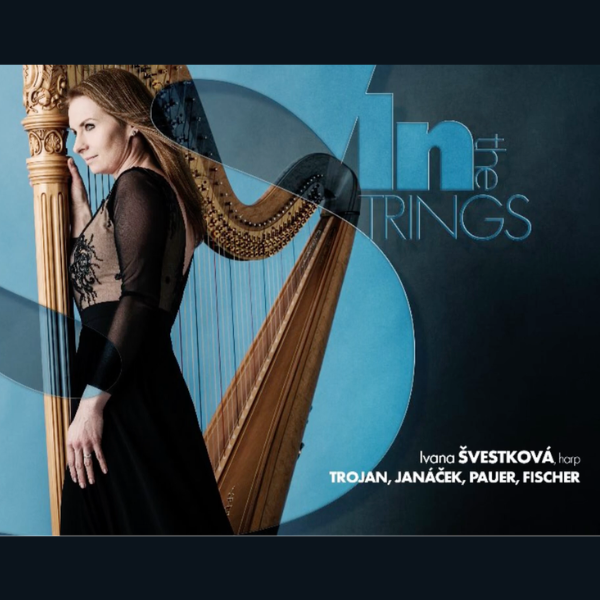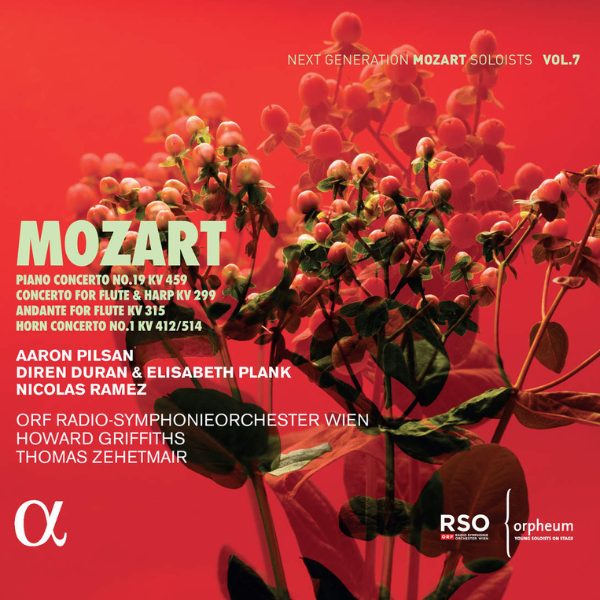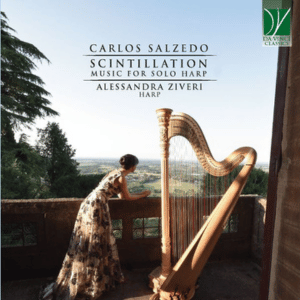
8/10
Alessandra Ziveri, harp. Da Vinci Classics, 2021.
Italian harpist Alessandra Ziveri’s sweeping, stimulating, and commanding style is just what we need for the music of Carlos Salzedo. In her disc from 2021, Scintillation, she invites us eagerly into the intoxicating world of one of the most important figures in the development of the harp as a solo instrument.
Up until Salzedo got his hands on the harp, the instrument was regarded more as a lovely piece of furniture that made pretty sounds when plucked. The story goes that a young Salzedo was too young to take on the demands of a wind instrument, and his brother already played the violin. So he focused on the piano—and lucky for us, also the harp—becoming a virtuoso of such high regard that he remains the first and only student to have received a first prize in both instruments at the Paris Conservatory on the same day.
But, as we know, it wasn’t just technique that made his music so satisfying. His goals included widening the harp’s range as a solo instrument while simultaneously creating works of art. For this project he famously enlisted help from the greatest dancer of the day, Vaslav Nijinksi, to develop his signature hand gestures. From my standpoint as a flutist, these gestures may or may not improve the actual sound production, rather they represent a crucial component of the direction his music would take the harp.
Set all that aside and simply listen to the energy in Ziveri’s performance of Impressionist-tinged Trois Morceaux. She dives at the strings with muscle, letting us know at the outset that this may be pastel, imaginative, and evocative music, but it’s meant to place the harp’s repertoire on the level of Liszt or Rachmaninoff. Particularly exciting for me is that Ziveri appears unafraid to explore a wide range of volume and color. Jeux d’Eau in particular explores the furthest reaches of water’s capability as it simultaneously falls, dances, splashes, and crashes. Her set of Variations sur un theme dans le style ancien is presented as acrobatically as possible and with a broad smile, bringing to mind a gymnast landing a vault after three impeccable twists.
Ziveri gives us the Suite of Eight Dances in a loose and relaxed style. For me, it feels like a different musical translation, like spoken Italian, the music tumbling out in a legato line. Salzedo wrote the first four dances as a young man. They are composed in a simple and classical style with a whiff of Czerny. The “Siciliana” hints at what’s to come, Ziveri relaxing into the sheer loveliness and ring of broken chords, which set the harp apart sonically from the keyboard. Then it’s all fun in the more modern dances, the “Bolero”full of sassiness leading into an on-the-edge-of-your-seat “Seguidilla.” Sometimes her command of rhythm is not entirely accurate though, and this jars the dances.
The title work, Scintillation, covers the gamut in drama and fantasy. Ziveri paints with a broad brush in a wide range of pigments and draws us inexorably into its dark path of questioning and searching for resolution that never seems to be quite on offer. It’s absolutely delicious.




